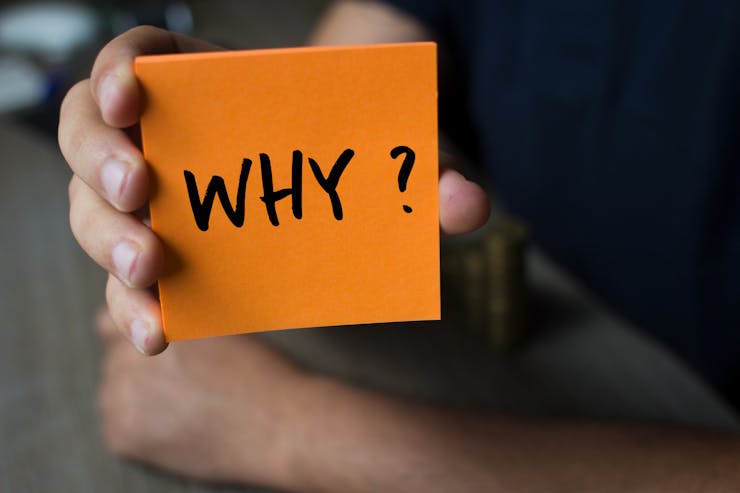This article was written by Nicolás Jose Rodriguez and was originally published on Benzinga.
The pardon of all prior federal offenses of simple marijuana possession, announced by President Joe Biden on Thursday represents a historic triumph of advocacy organizations. The pardon provides a second chance in life for thousands of cannabis prisoners and their families.
“Since 1965, nearly 29 million Americans have been arrested for marijuana-related violations — for activities that the majority of voters no longer believe ought to be a crime,” said NORML’s Executive Director Erik Altieri.
Although the pardon does not imply cannabis prisoners will have a place in this booming industry, in perspective, the combination of the Presidential pardon with the potential passage of the SAFE Plus Act, will represent a fundamental change for the industry and a historic revindication to the right to grow, sell, and consume weed.
“It’s legal in many states, and criminal records for marijuana possession have led to needless barriers to employment, housing, and educational opportunities,” Biden said.
But how does this fundamental change affect Latinx people in particular?
Most importantly, Latinxs represent an essential portion of the incarcerated population for cannabis in the U.S. In addition, Biden’s recognition that the long War on Drugs has failed and that it’s time to follow a different path can have a geopolitical effect South of Rio Bravo.
Latin American policymakers closely follow U.S. policies. This process, known as policy diffusion, can contribute to advancing adult-use legalization in Latin America and opening jails as well as business opportunities.
Latinx people can return to their families and communities

Although cannabis is one of the fastest-growing industries in the world, more than 40,000 people in the U.S. alone are incarcerated for cannabis-related crimes.
The United States has the highest incarceration rates of anywhere in the world. Within that system, Latinos are approximately 30 percent of the nation’s population but almost sixty percent of prisoners. This means that 1 in 6 male Latinos will be incarcerated at some point in their life. Latinxs are 53% more likely to be convicted than whites for drug crimes, reported LULAC.
Shop highly rated dispensaries near you
Showing you dispensaries nearAlthough Hispanics represented 16% of the adult population in 2017, they accounted for 23% of inmates. There were 823 Hispanic prisoners for every 100,000 Hispanic adults, three times the rate for whites (272 per 100,000).
Meanwhile, according to a survey from Marijuana Business Daily, just 5.7% of the business owners in the state-legal cannabis industry were Hispanic/Latino, 4.3% were Black, 2.4% were Asian and an overwhelming 81% were white.
The Sentencing Project, a Washington, D.C.-based research and advocacy center, found in 2021 that Latino Americans were imprisoned at a rate of 349 per 100,000 residents. White, non-Latino Americans were incarcerated at 261 per 100,000 residents, reported USA news. “There are most assuredly more Latinx people in prison than are officially reported, but the exact number is unknown,” per the report.
Biden’s pardon and the War on Drugs in Latin America
Since the 1970s, the US has spent more than a trillion dollars in a seemingly unsuccessful effort to dismantle drug cartels in Latin America.
The legacy of the War on Drugs has resulted in the exponential growth of drug traffic, thousands of deaths and disappearances, and the destruction of local economies. This tortuous process has convinced civil society and political parties in Latin America that the War on Drugs must end.
In Colombia, recently elected President Petro called for a policy shift, from attacking drug production to reducing the harm caused by the problematic use of substances, and formalizing the cannabis industry to collect taxes and fund new drug policies in the country.
In fact, the Colombian House recently passed a bill to legalize recreational cannabis. Petro’s administration pursues the creation of cannabis jobs to raise the income of rural communities and diversify local economies beyond traditional commodities such as coffee, cocoa, cane, or fruits.
Is this a process that might trickle down to the rest of the continent? We can’t be sure about that, but we can look at the trends.
Recreational cannabis is already legal in Uruguay. Meanwhile, Mexico, Costa Rica, Panama, Chile, Peru, Paraguay, and Argentina already have some kind of legislation that allows patients to use medicinal cannabis.
Although in Brazil, patients still have to go through a lengthy process to obtain legal cannabis, things could change if the progressive Lula Da Silva is elected president. In June, the Sixth Panel of the Superior Court of Justice of Brazil authorized three people to grow marijuana for medicinal purposes.
In Chile, cannabis reform could be delayed after the new constitution was blasted in the polls. President Boric’s administration might adopt a less controversial topic to agree upon with its political opponents.
In Argentina, the Minister of Economy, Sergio Massa, holds close ties with the U.S. foreign officers and will probably take note of President Biden’s decision, in particular, because Massa has been a supporter of the War on Drugs and the DEA. Now, who knows?





